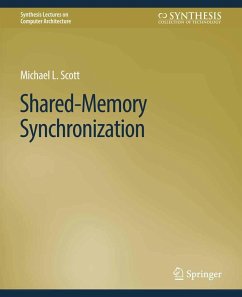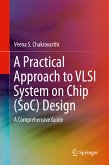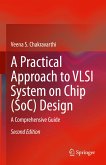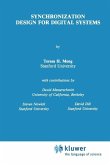This book offers a comprehensive survey of shared-memory synchronization, with an emphasis on "systems-level" issues. It includes sufficient coverage of architectural details to understand correctness and performance on modern multicore machines, and sufficient coverage of higher-level issues to understand how synchronization is embedded in modern programming languages.
The primary intended audience for this book is "systems programmers"-the authors of operating systems, library packages, language run-time systems, concurrent data structures, and server and utility programs. Much of the discussion should also be of interest to application programmers who want to make good use of the synchronization mechanisms available to them, and to computer architects who want to understand the ramifications of their design decisions on systems-level code.
Dieser Download kann aus rechtlichen Gründen nur mit Rechnungsadresse in A, B, BG, CY, CZ, D, DK, EW, E, FIN, F, GR, HR, H, IRL, I, LT, L, LR, M, NL, PL, P, R, S, SLO, SK ausgeliefert werden.









